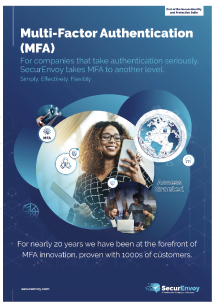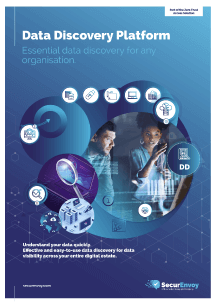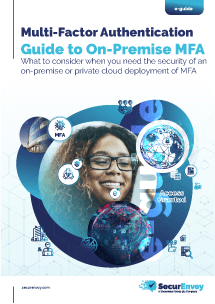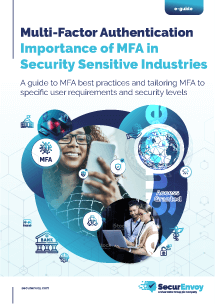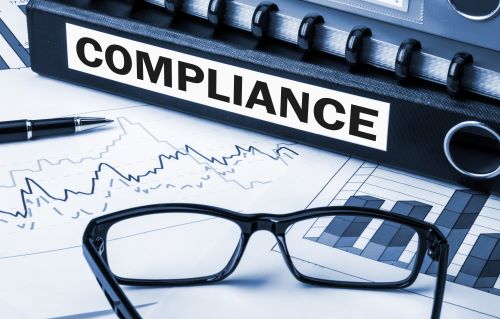
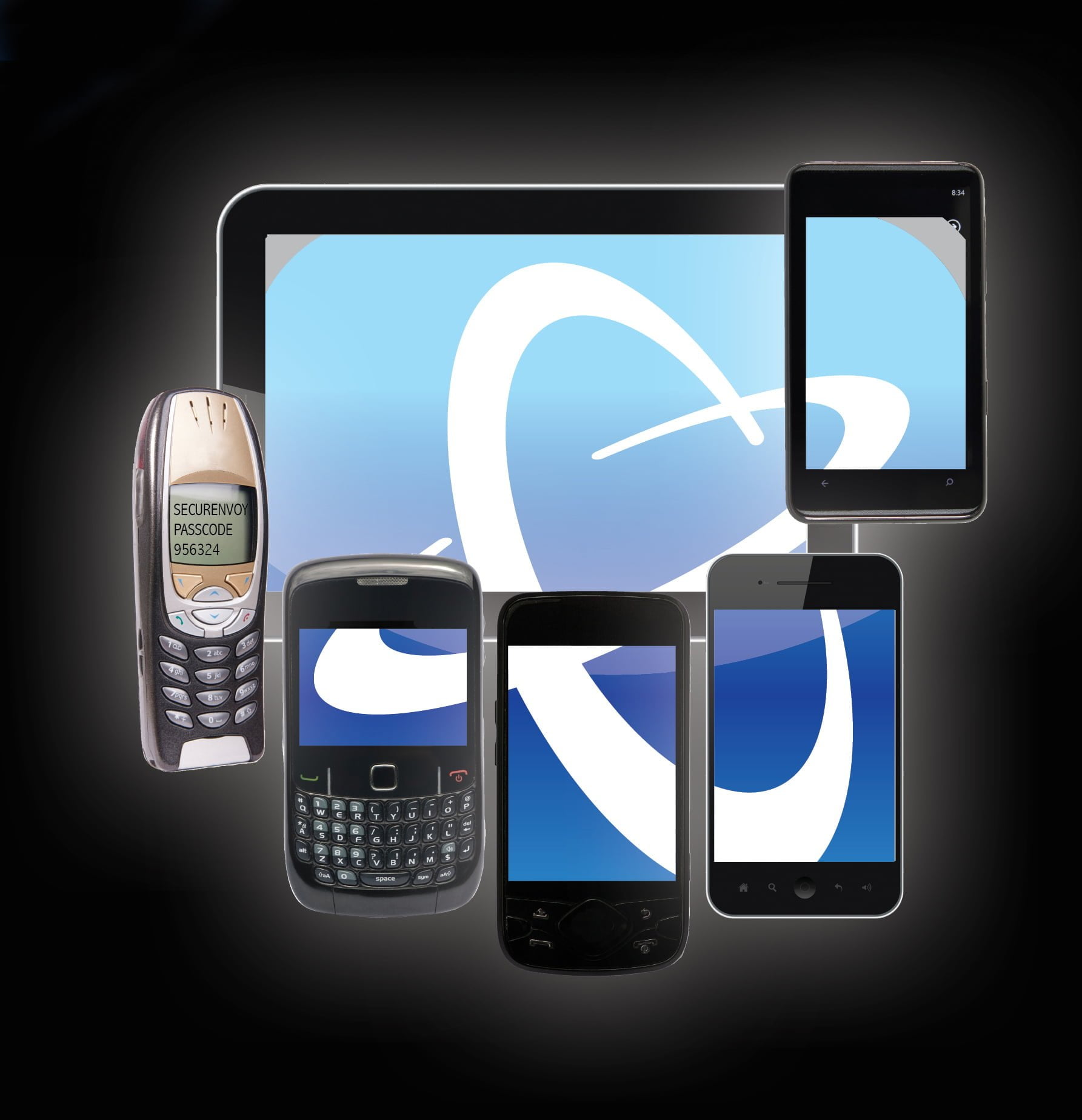
Striking a Balance Between Security and Telecommuting
The ability for companies to ensure the security of their networks, no matter where their employees are, is what’s important. Companies need to look at the needs of their workers and proactively design and implement a network infrastructure that is both flexible and bulletproof. Security isn’t something companies dust off and adjust once a year; security should be thought of as a living, breathing thing that needs constant care and attention.It’s no surprise to anyone that a greater number of people are working remotely these days, myself included. A quick walk around my neighborhood on any given workday at around 11 a.m. confirms this trend: Screen doors and windows are wide open and cars occupy the many driveways.
This trend is certainly good for the environment, and I firmly believe it’s also good for the soul. But is it good for your company’s data? As more mobile devices come on to your company’s network and more of your employees connect to the network from remote locations, is your network equipped to securely meet the demands of that offsite work force? It’s an important question to ask, because woe to the IT department that suffers a major security breach after Bob from accounting decides one day to connect from his local Starbucks.
A recent survey from UK security firm SecurEnvoy revealed a whopping 82-percent increase in the number of employees working from home, due mainly to rising gas prices. Of those working from home, 91 percent said they use two-factor authentication to connect securely to the corporate network.
The release announcing the survey results also noted that 69 percent of those using two-factor authentication were using RSA tokens, which just so happens to be a competitive technology to SecurEnvoy’s. The company held nothing back in pointing out RSA’s security breach and the subsequent questions regarding the reliability of the RSA solution, touting its method of randomly generating keys within users’ environments as the safer choice.
Whether SecurEnvoy’s technology is better, however, isn’t really what’s important here. The ability for companies to ensure the security of their networks, no matter where their employees are, is what’s important. Companies need to look at the needs of their workers and proactively design and implement a network infrastructure that is both flexible and bulletproof. Security isn’t something companies dust off and adjust once a year; security should be thought of as a living, breathing thing that needs constant care and attention.
Of course, even the most secure networks are only as secure as their weakest point. Think about it: Do you know how many of your employees are connecting to your network via a wireless router? Of those, do you know how many are actually locked down? I’d venture a guess and say fewer than half.
It’s no secret that security must be a high, if not a top, priority in any organization’s IT strategy. If your company hasn’t considered security all the way down to its remote endpoints, you’ve basically left all the windows and doors open and posted a big sign on the front door saying, “Please, come take my data.” Unfortunately, Neighborhood Watch can’t help you with that.
Category: Industry News
![]()
Multi-Factor
Authentication
(MFA)
Any user. Any device.
Anywhere.
For companies that take authentication seriously.
Learn more about SecurEnvoy MFA
Hear more from
our security
experts


